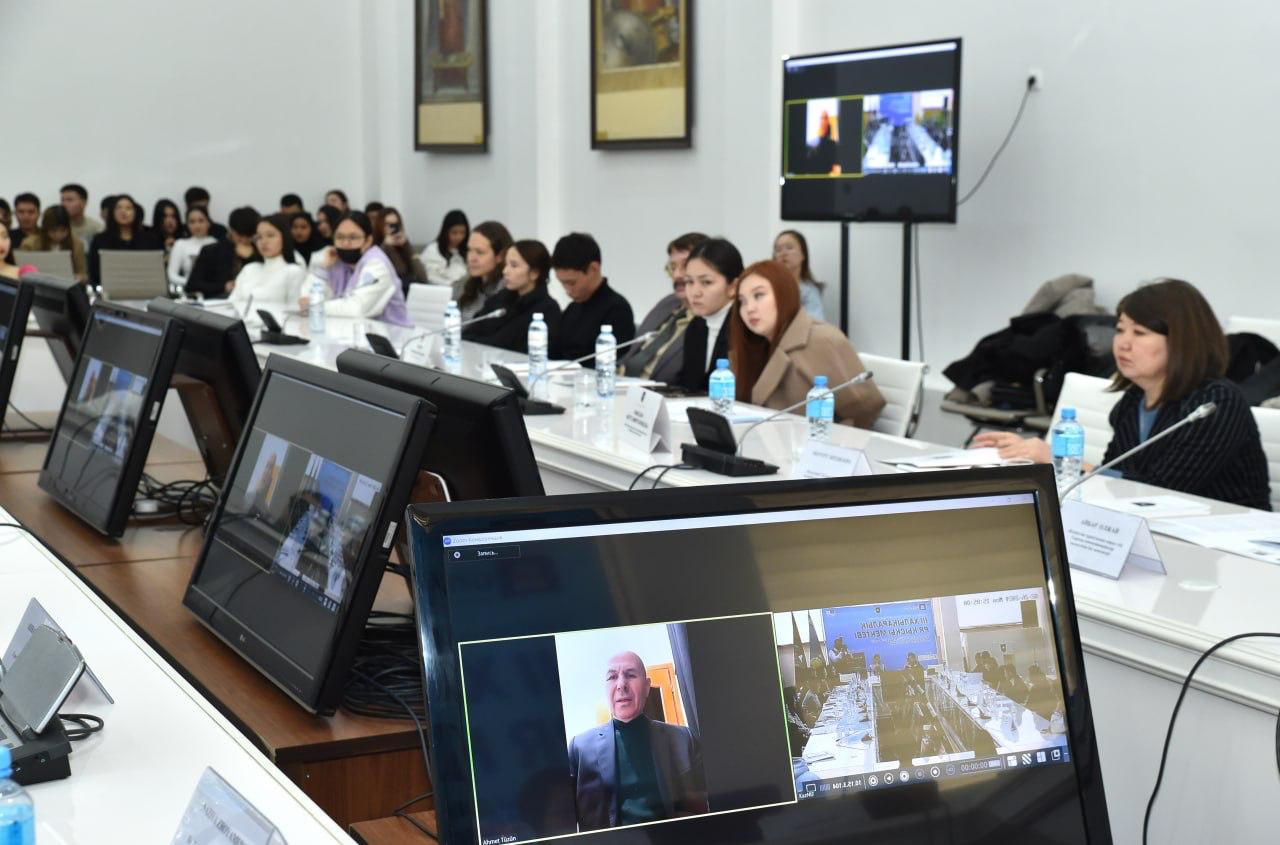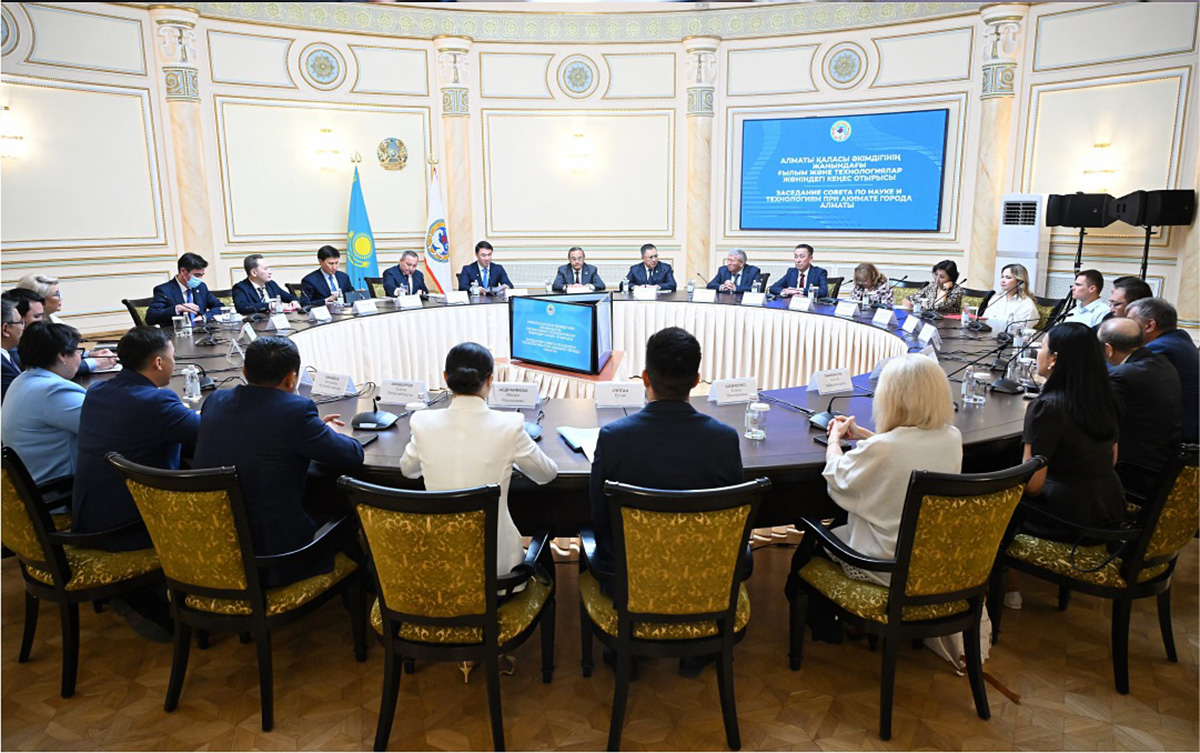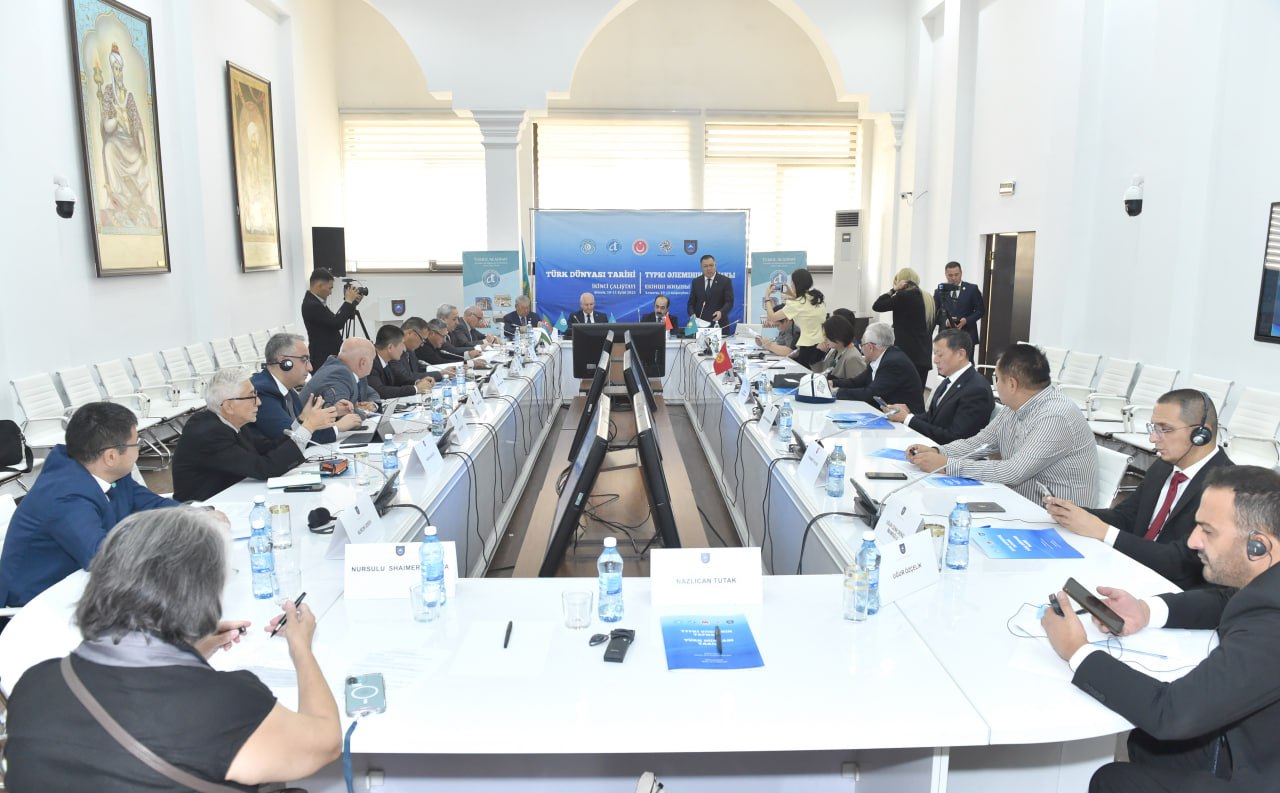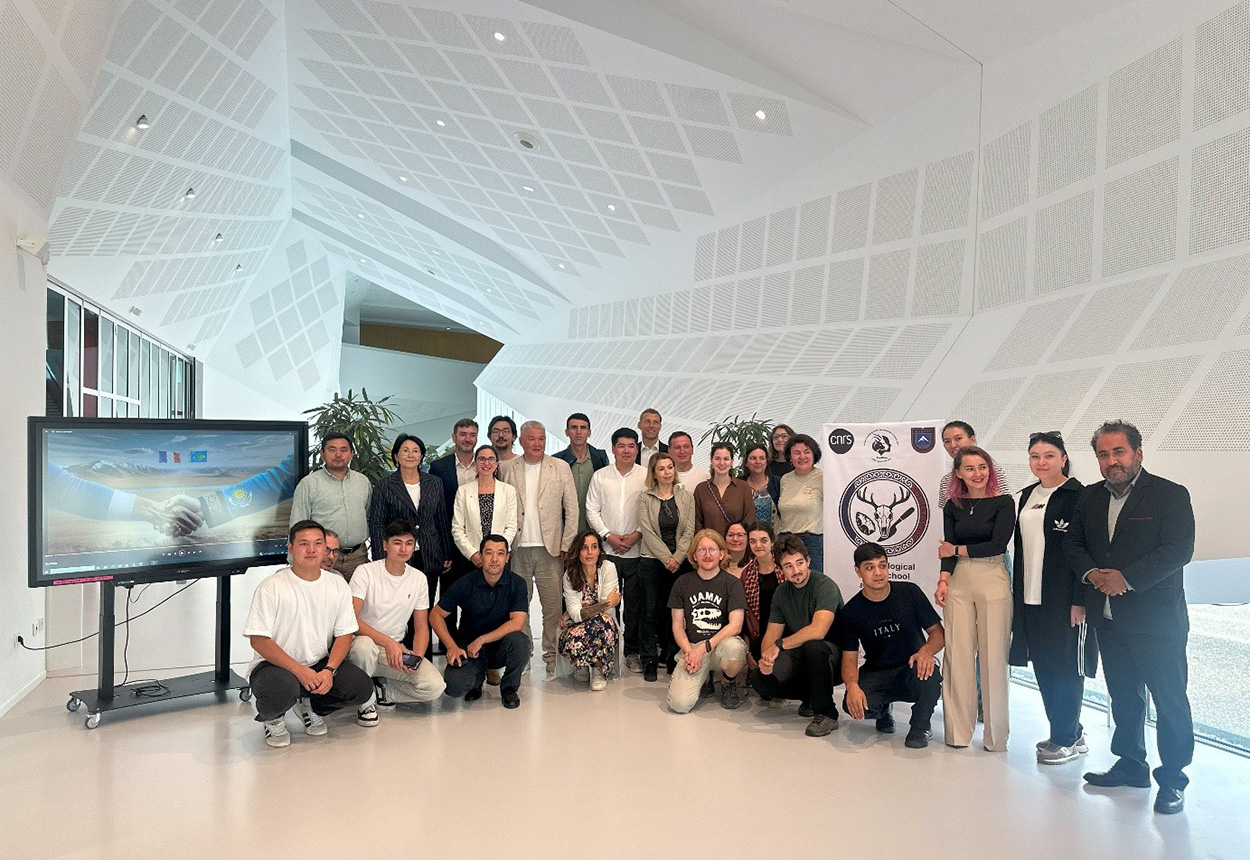Gender accents of the information space

In anticipation of March 8, the UNESCO Chair in Journalism and Communication held a roundtable on the cause and effect of gender inequality and violence against women and girls. The participants were teachers, experts in the field of communication and future journalists - students of the specialty “international journalism”.
More than one hundred and ten years ago, Women's Day was first celebrated in the United States. Almost 80 years ago, the UN established the principle of equality between men and women and celebrated its first official International Women's Day on March 8, 1975. However, even today, statistics consistently signal an alarming state of affairs in the field of equality and safety of women around the world. Global research shows that one in three women will experience physical and/or sexual violence at some point in their lives, with rates as high as 7 in 10 in some countries. These crimes are not limited by age, socioeconomic, educational and geographic factors , they are found in all societies and are a major obstacle to ending gender inequality and discrimination around the world.
According to the World Bank's Women, Business and the Law report, women around the world still have only three-quarters of the rights that the law grants to men.
Kazakhstan has achieved visible results in achieving gender balance, and much is being done to implement the fifth Sustainable Development Goal (SDG) “Gender Equality.” Media covering the gender agenda have special opportunities in this area.
Modern society, unfortunately, continues to maintain such obstacles for women as “sticky floors” and “glass ceilings”, when it is impossible for women to achieve success in their careers. And journalists and bloggers continue to broadcast gender stereotypes. Therefore, it is very important to discuss these topics with future journalists, teach them to conduct critical analysis, draw correct conclusions, without spreading prejudice, false assessments and misconceptions
The UNESCO Department of Journalism and Communication, since 2018, regularly conducts trainings, master classes and educational events for journalists, integrates courses on gender equality into educational programs of various specialties, and produces MOOCs based on the recommendations of the UN, UNESCO, and the International Federation of Journalists. A distorted idea of inequality is rooted in the patriarchy of society, and therefore requires constant discussion and correlation with the mentality, attitudes of the population, and the position of the media.
The Round Table participants not only listened carefully to the speakers’ speeches, comments and opinions of experts, but also asked questions, shared their own cases and opinions on the current situation. Students spoke quite harshly and categorically about violence, proposing to transfer the article on domestic violence against children to the category of especially serious ones. 1st year student Temir Umirov noted the importance of psychological work with the aggressor and complete rejection of any forms of violence. Ekaterina Eremeeva agreed that young people have an understanding of gender equality, but even this and harsh laws cannot lead to it if each person does not change himself, regardless of gender.
All participants agreed that gender inequality increases certain risks for women, can lead to violence, worsening the situation of children, and ultimately to economic and moral stagnation of the entire society. And in this sense, equal access for girls and women to all areas of education and career, eliminating obstacles to personal and professional development, expanding their representation in politics, science, media and cultural life, will help eradicate the causes and possibilities of all kinds of violence and inequality.
Other news


